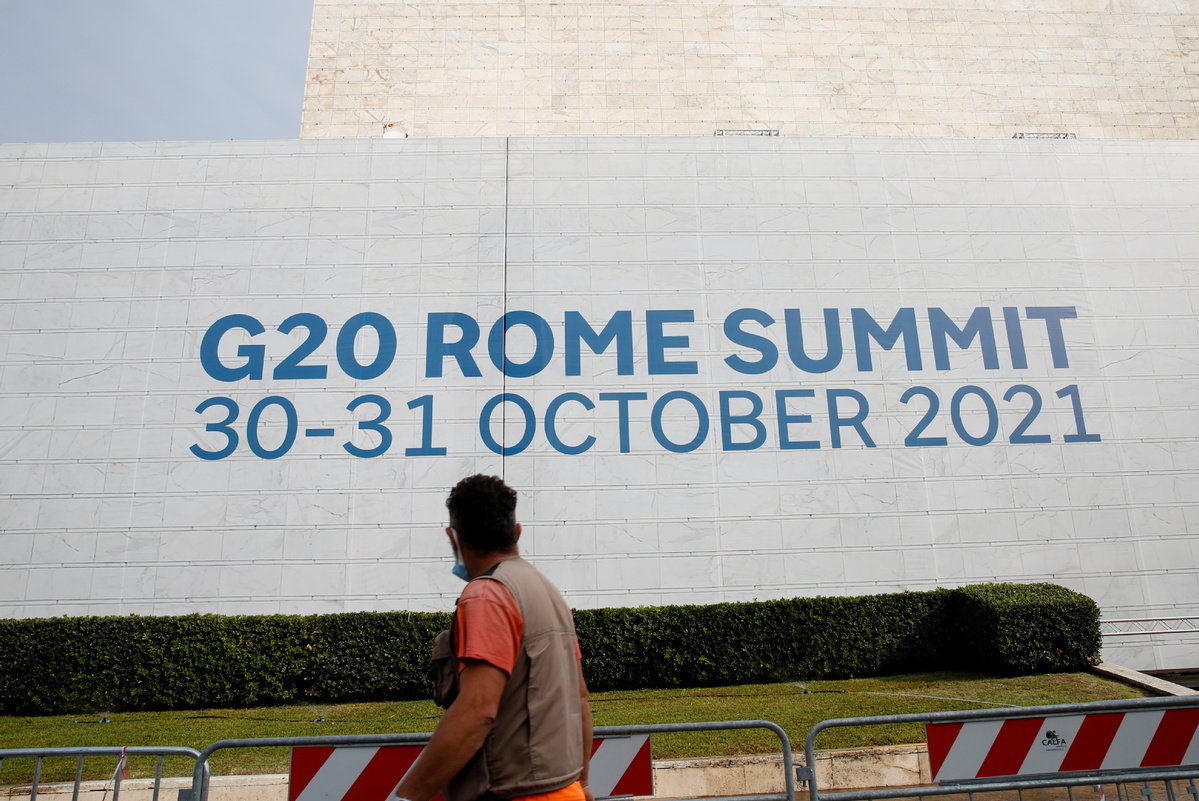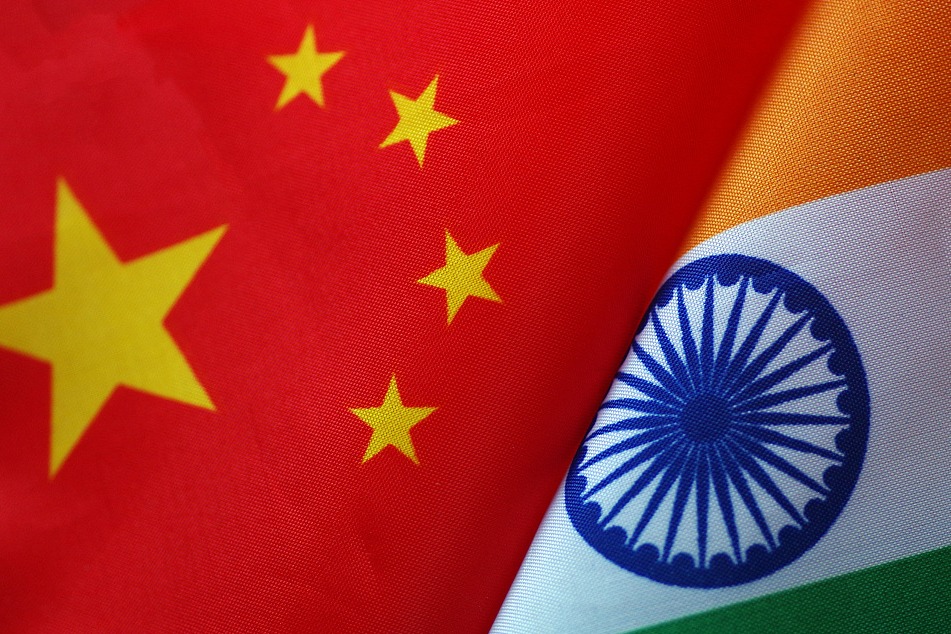G20 Summit has chance to back tax on intl financial transactions


An international financial transactions tax is needed to curb damaging short-term capital flows and fund the United Nations' Sustainable Development Goals.
Besides acting on climate policy and its financing, the G20 Rome Summit on Saturday and Sunday should also support the long-pending agenda of an international financial transactions tax.
The G20 Leaders, at their 2009 Pittsburgh Summit, agreed to consider the case for such a tax in view of its potential to curb the volatility caused by short-term capital flows and to raise resources for poorer countries in the aftermath of the global financial crisis. However, the 2011 Cannes Summit failed to endorse the proposal for an international financial transactions tax, despite strong support from France, which held the G20 presidency at that time, and other European countries.
The failure to act on the tax proposal has cost the world dearly. The quantitative easing in the Western world following the global financial crisis led to a deluge of short-term capital flows to emerging markets, chasing good returns, which resulted in booming stock-market valuations and exchange rate appreciations. However, the boom was followed by a sharp correction in valuations following the tapering of the quantitative easing in 2013. The once booming emerging markets soon became the "fragile five".
There is now a sense of deja vu. To support the United States' government stimulus program in the wake of the COVID-19 pandemic, another round of quantitative easing was announced by the US Federal Reserve in March last year, cutting short-term interest rates to zero, and resuming large-scale purchases of Treasury securities. The European Central Bank followed it up with the 750 billion euro Pandemic Emergency Purchase Programme.
Abundant and virtually free money in the West is once again chasing quick returns in the emerging markets, and asset bubbles are building up. The stretched valuations in emerging markets make them vulnerable to correction once the Fed begins tapering the quantitative easing, possibly in a few months. The threat of a collapse in the stock markets and widespread disruption of the financial system is real.
Timely action is needed to curb the vulnerability of the emerging markets to the boom-bust cycle and the possible disruption of global financial markets. An international financial transactions tax could be one such action.
Initially proposed by Nobel Prize-winning economist James Tobin as a small tax on foreign exchange transactions to "throw some sand in the well-greased wheels" of international capital markets, the so-called Tobin tax has been discussed over the past nearly five decades and has generated a lot of support. It is superior to other capital flow management tools, such as the unremunerated reserve requirements that have been imposed by some countries to curb volatility. Given the prisoner's dilemma inherent in such a tax, it is most effective when applied globally.
A cleaner, more generalized and administratively simpler-to-implement version of the Tobin tax or international financial transactions tax could be to tax all foreign exchange transactions, whether they are related to trade or capital markets. Such a tax ends up taxing short-term flows more than long-term flows, thus achieving the objective of discouraging them.
An equally significant role that such a tax can play is in providing an innovative new source of funding for achieving the Sustainable Development Goals in poorer countries.
The global community has found it challenging to keep the commitments on development finance, be it the United Nations' official development assistance target of 0.7 percent of gross national income or the UN Framework Convention on Climate Change target of $100 billion per year for climate finance. Overseas development assistance flows, and especially bilateral aid, have been declining rather than rising over the past several years, and the outlook has been clouded further by the COVID-19 pandemic. Achievement of the Sustainable Development Goals and the climate action targets by developing countries will remain challenging if funding is not forthcoming.
An international financial transactions tax can serve as a new perpetual source of revenue that hurts no one. On the contrary, it could support eradication of poverty and hunger and meet the other SDG targets in developing countries.
With global foreign exchange transactions topping $6.6 trillion per day, according to the Bank of International Settlements, a 0.1 percent tax would yield $1.65 trillion per year. If we assume that an international financial transactions tax would moderate the transactions by 25 to 33 percent, it would still yield between $1.1 trillion and $1.24 trillion per year, which is seven to eight times the current overseas development assistance. These resources could be distributed to developing countries in proportion to their level of poverty, hunger and other deprivations, pandemic impacts and climate goals.
The upcoming G20 Rome Summit will be a historic opportunity to signal support for the long-pending international financial transactions tax agenda. Such a tax would not only help in curbing the disruptive consequences of volatile short-term capital flows, but also create a new perpetual source of financing to help realize the Sustainable Development Goals.
An international financial transactions tax would be another landmark multilateral initiative coming out of G20, and perhaps the most laudable of all.
Nagesh Kumar is director of the Institute for Studies in Industrial Development, a New Delhi-based policy think tank. Kevin Gallagher is director of the Global Development Policy Center at Boston University's Pardee School of Global Studies.































